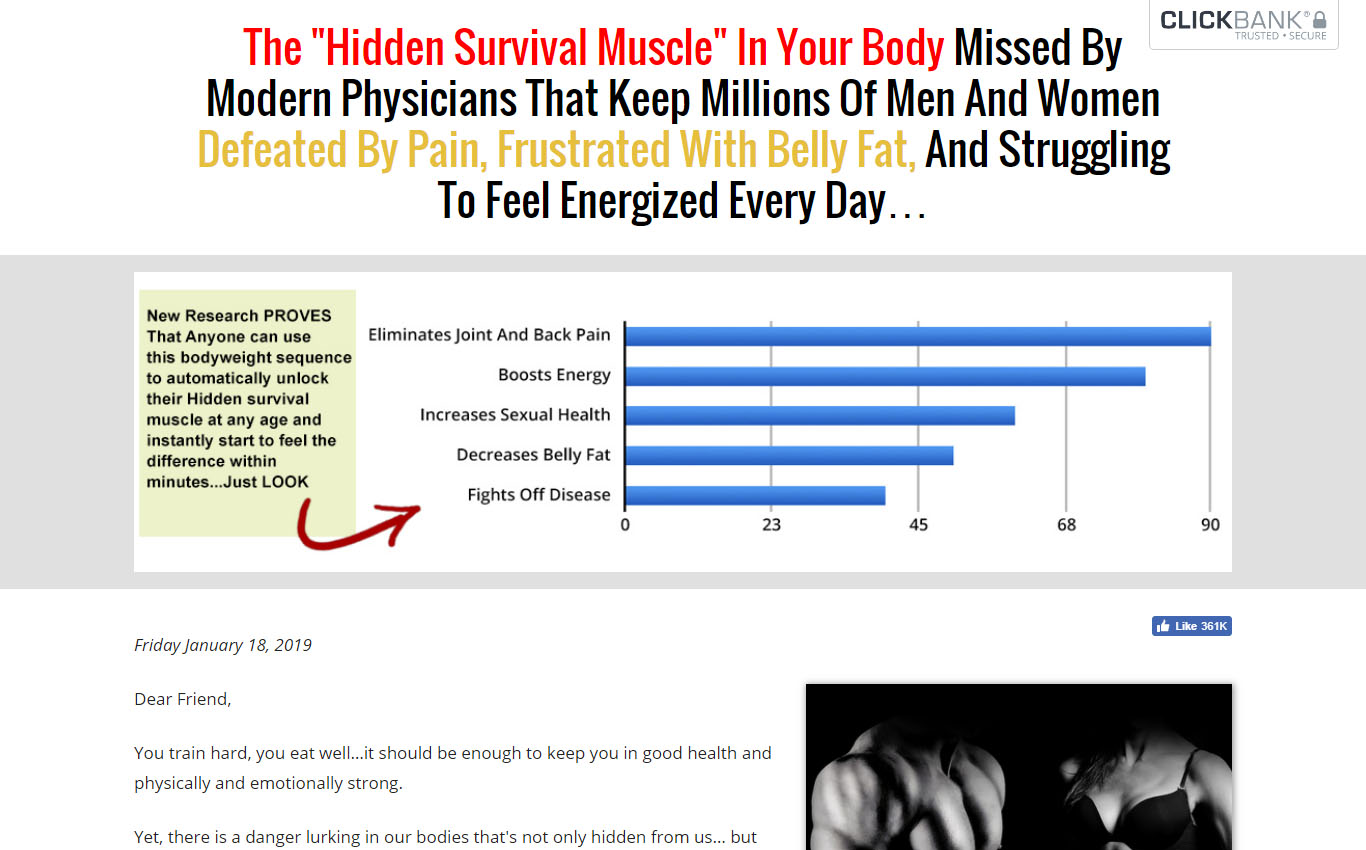But moving is important for hip and knee OA. It causes your joints to compress and release, bringing blood flow, nutrients, and oxygen into the cartilage. “This can help prolong the function and longevity of your joints,” says Eric Robertson, DPT, a physical therapist and associate professor of clinical physical therapy at the University of Southern California.
Your hip labrum is a band of cartilage-like tissue that courses around the outer rim of your hip socket. This labrum helps to support the joint and deepen the socket. Sometimes overuse or an injury to your hip can cause a tear in your labrum. A hip labrum tear may result in a condition called femoroacetabular impingement (FAI). When this happens, hip pain may result, and exercises to stretch and stabilize your hip may be performed.
Take nonprescription pain medicine, such as acetaminophen, ibuprofen, or naproxen. Read the label and take as directed. Nonsteroidal anti-inflammatory medicines (NSAIDs), such as ibuprofen or naproxen, may cause stomach bleeding and other problems. These risks increase with age. Unless recommended by your healthcare provider, do not take an NSAID for more than 10 days.
Radiculopathy is a condition caused by compression, inflammation and/or injury to a spinal nerve root. Pressure on the nerve root results in pain, numbness, or a tingling sensation that travels or radiates to other areas of the body that are served by that nerve. Radiculopathy may occur when spinal stenosis or a herniated or ruptured disc compresses the nerve root.
True numbness is not just a dead/heavy feeling (which is common, and caused even by minor muscular dysfunction in the area), but a significant or complete lack of sensitivity to touch. You have true numbness when you have patches of skin where you cannot feel light touch. Such areas might still be sensitive to pressure: you could feel a poke, but as if it was through a layer of rubber. Most people have experienced true numbness at the dentist. BACK TO TEXT
To avoid hip flexor pain, you should pay more attention to these muscles, Dr. Siegrist explains. When you are seated, your knees are bent and your hip muscles are flexed and often tighten up or become shortened. “Because we spend so much of our time in a seated position with the hip flexed, the hip flexor has the potential to shorten up. Then, when you are in a hurry because you are running to catch a bus or a plane, or you trip and fall, the muscle could become stretched. Here’s this stiff, brittle muscle that all of a sudden gets extended, and you could set yourself up for strain or some hip flexor pain.” Click Here to Learn Unlock Hip Flexors

